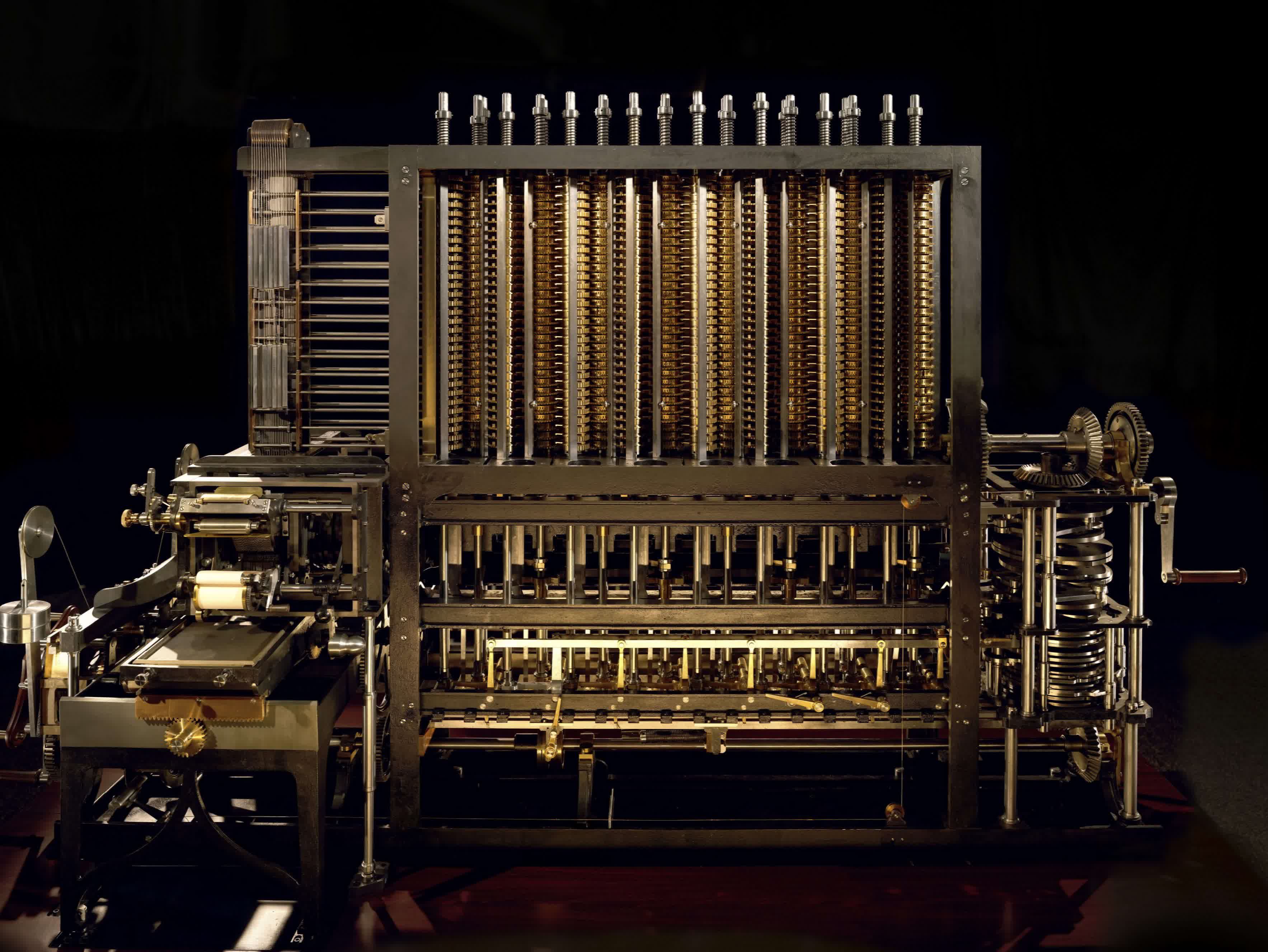Through the looking glass: In an era when the American Civil War dominated headlines, an English sheep farmer in New Zealand penned a letter that would prove remarkably prophetic. On June 13, 1863, The Press newspaper of Christchurch published a missive titled "Darwin among the Machines," which may contain the first published argument for halting technological progress to prevent machines from dominating humanity.

As we grapple with the implications of artificial intelligence and machine learning, a letter penned in 1863 resonates with a chilling clarity: "Day by day, however, the machines are gaining ground upon us; day by day we are becoming more subservient to them."
Recently, this letter has resurfaced on social media, thanks to Peter Wildeford of the Institute for AI Policy and Strategy, bringing Butler's prescient warnings to a new generation grappling with the implications of artificial intelligence.
Wow - the question of pausing or stopping AI is over 161 years old pic.twitter.com/MeXgg55PTN
– Peter Wildeford 🇺🇸 (@peterwildeford) January 8, 2025
The author, Samuel Butler, writing under the pseudonym Cellarius, drew direct parallels between Charles Darwin's theory of evolution and the rapid development of machinery. Butler suggested that machines could evolve consciousness and eventually supplant humans as Earth's dominant species.
Butler's letter delved into the taxonomy of machine evolution, discussing mechanical "genera and sub-genera" and pointing to examples like the evolution of watches from "cumbrous clocks of the thirteenth century." He even suggested that, like some early vertebrates, mechanical species might get smaller as they became more sophisticated.
"We are ourselves creating our own successors," Butler wrote. "We are daily adding to the beauty and delicacy of their physical organisation; we are daily giving them greater power and supplying by all sorts of ingenious contrivances that self-regulating, self-acting power which will be to them what intellect has been to the human race."

Butler portrayed humans becoming subservient to machines, initially serving as caretakers who would maintain and help reproduce mechanical life. He compared this relationship to that between humans and their domestic animals, before it later inverts and machines take over.
These themes of machine dominance and human subservience would later find their way into numerous works of science fiction. Isaac Asimov's "The Evitable Conflict" explored the concept of machines subtly controlling human society. Frank Herbert's Dune novels featured the "Butlerian Jihad," a crusade against thinking machines, possibly inspired by Butler's warnings. The Matrix films further popularized the idea of a world where machines have subjugated humanity.
Also see: The Terminator at 40: the sci-fi cult classic that still shapes how we view the threat of AI
Butler didn't end his letter with passive acceptance of this fate and instead called for immediate and drastic action: "War to the death should be instantly proclaimed against them. Every machine of every sort should be destroyed by the well-wisher of his species. Let there be no exceptions made, no quarter shown; let us at once go back to the primeval condition of the race."
What makes Butler's vision particularly remarkable is that he was writing in a vastly different technological context. The most advanced calculating devices of 1863 were little more than mechanical calculators and slide rules. The first working program-controlled computer wouldn't appear for another 70 years.
While there were no "computers" as we think of them today in the late 1800s, there were significant advancements in mechanical computing devices and concepts. Charles Babbage's Analytical Engine (1837 - never fully built) is considered the first design for a general-purpose computer.
The debate Butler started continues today. In recent years, the world has grappled with what one might call the "great AI takeover scare." The release of advanced AI models has inspired open letters signed by AI researchers and tech executives warning of potential extinction-level risks posed by advanced artificial intelligence.
These modern concerns bear a striking resemblance to Butler's 19th-century call for pausing mechanical progress. Even if machines never become truly intelligent, Butler's predictions about our dependence on the ways they algorithmically regulate our lives seem eerily accurate.
In 1863, one man warned us about AI - how a 19th-century letter foresaw AI fears
